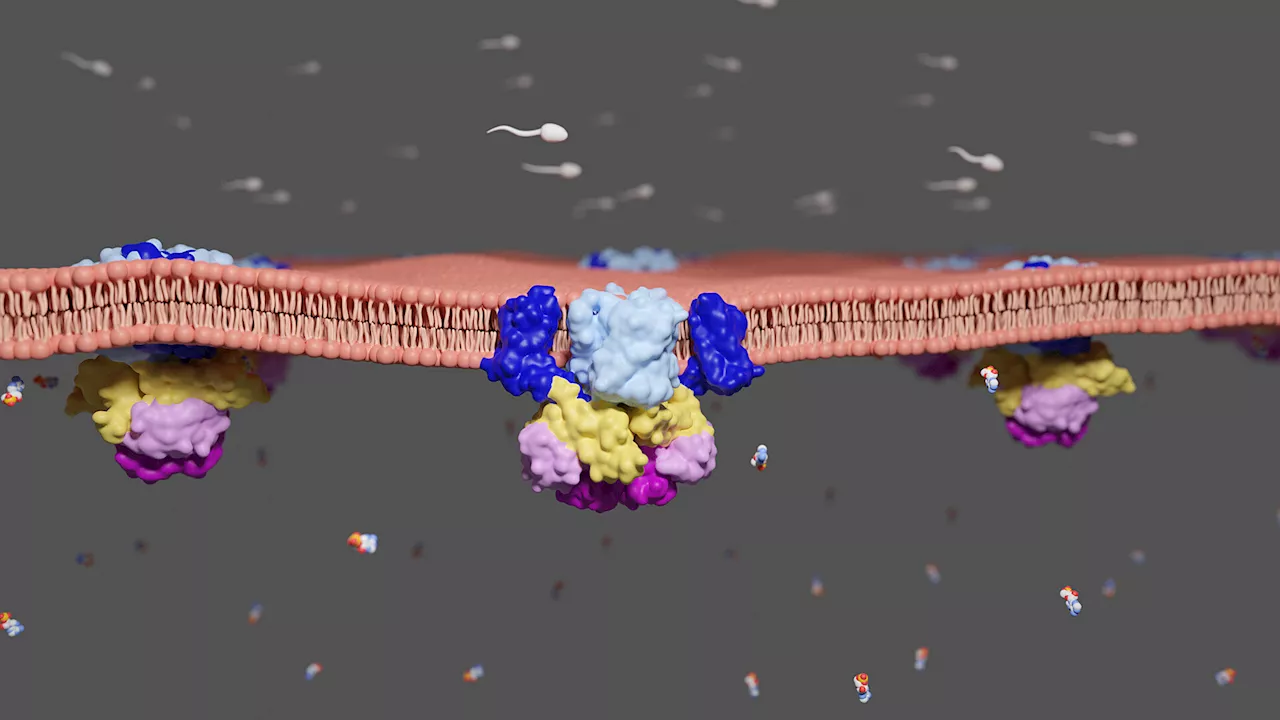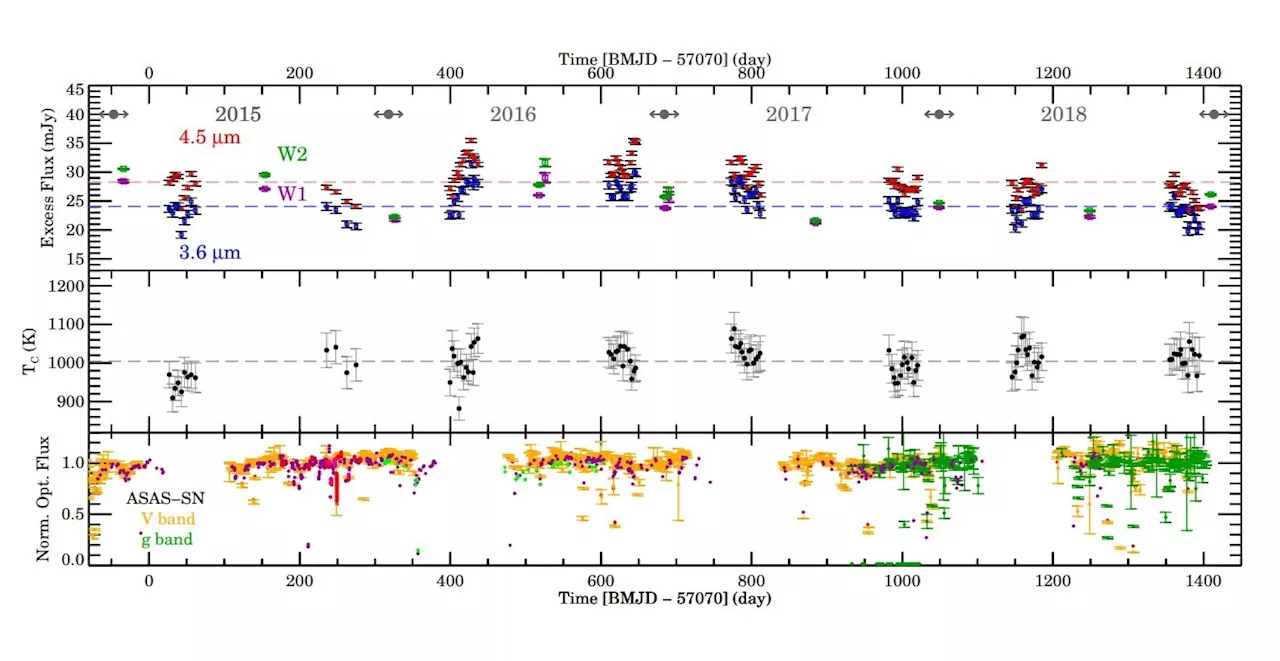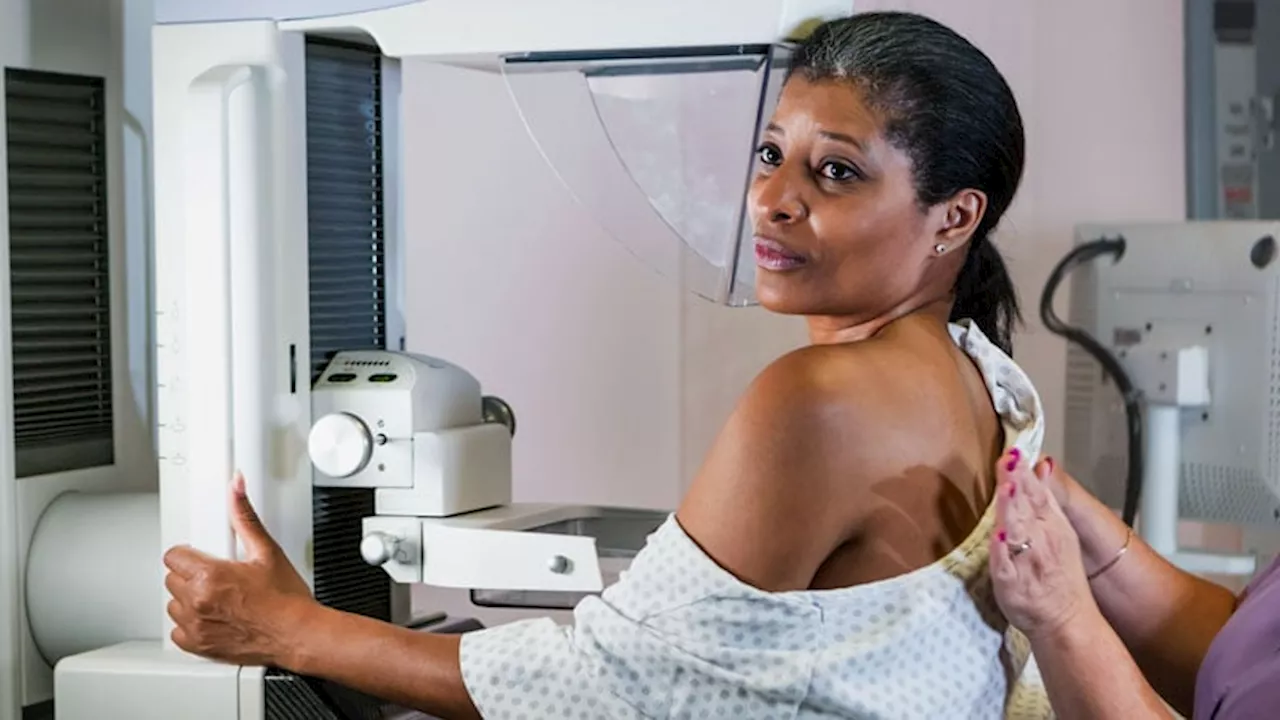A large population-based cohort study conducted in Sweden found an elevated incidence of developing and dying of breast cancer up to 20 years after a false-positive mammography result. Women with a false-positive result had a greater risk of developing and dying of breast cancer compared to those without a false-positive result.
False-positive mammography results are common, but a large population-based cohort study conducted in Sweden found an elevated incidence of developing and dying of breast cancer up to 20 years after a false-positive result . Women with a false-positive mammography result had 61% greater risk of developing breast cancer and an 84% greater risk of dying of breast cancer compared with those who did not have a false-positive result .
However, the investigators also found that the risk for breast cancer varied by individual characteristics such as age and breast density. The analysis provides clues about which patients with false-positive mammography results will go on to develop breast cancer and "can be used to develop individualized risk-basedAbout 11% of women in the US and 2.5% in Europe will receive a false-positive result after a single mammography screening, and previous research shows that these women have a higher risk of developing breast cancer compared with women without false-positive result
Breast Cancer Mammography False-Positive Result Risk Study
United States Latest News, United States Headlines
Similar News:You can also read news stories similar to this one that we have collected from other news sources.
 Brazil child cancer deaths linked to soy farming, study findsBrazil child cancer deaths linked to soy farming, study finds
Brazil child cancer deaths linked to soy farming, study findsBrazil child cancer deaths linked to soy farming, study finds
Read more »
 This is why you're fat — study finds possible major root cause of obesityThis is why you’re fat — study finds possible major root cause of obesity
This is why you're fat — study finds possible major root cause of obesityThis is why you’re fat — study finds possible major root cause of obesity
Read more »
 Membrane transporter ensures mobility of sperm cells, study findsSpecial proteins known as membrane transporters are of key importance for the mobility of sperm cells. A research team from the Heidelberg University Biochemistry Center (BZH) headed by Prof. Dr.
Membrane transporter ensures mobility of sperm cells, study findsSpecial proteins known as membrane transporters are of key importance for the mobility of sperm cells. A research team from the Heidelberg University Biochemistry Center (BZH) headed by Prof. Dr.
Read more »
 Variable star RZ Piscium has a compact and highly perturbed debris disk, study findsUsing NASA's Spitzer and WISE space telescopes, astronomers from the Steward Observatory and elsewhere have observed a well-known variable star designated RZ Piscium. They found that the star's circumstellar debris disk is compact and highly perturbed. The finding is reported in a paper published October 18 on the pre-print server arXiv.
Variable star RZ Piscium has a compact and highly perturbed debris disk, study findsUsing NASA's Spitzer and WISE space telescopes, astronomers from the Steward Observatory and elsewhere have observed a well-known variable star designated RZ Piscium. They found that the star's circumstellar debris disk is compact and highly perturbed. The finding is reported in a paper published October 18 on the pre-print server arXiv.
Read more »
 Billionaire politicians have become 'shockingly common' around the world, new study findsBillionaires who become politicians tend to 'lean to the right ideologically,' according to the research.
Billionaire politicians have become 'shockingly common' around the world, new study findsBillionaires who become politicians tend to 'lean to the right ideologically,' according to the research.
Read more »
 Io has 266 active volcanic hotspots linked by a global magma ocean, finds studyJupiter's Io stands apart from the solar system's other moons, with its numerous volcanoes and its surface dominated by lava flows. Io's surface volcanism was confirmed in 1979 when the Voyager spacecraft imaged it, but its volcanic nature isn't duplicated anywhere else in our system.
Io has 266 active volcanic hotspots linked by a global magma ocean, finds studyJupiter's Io stands apart from the solar system's other moons, with its numerous volcanoes and its surface dominated by lava flows. Io's surface volcanism was confirmed in 1979 when the Voyager spacecraft imaged it, but its volcanic nature isn't duplicated anywhere else in our system.
Read more »
